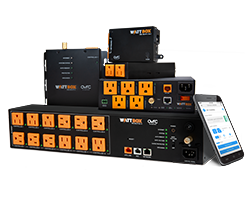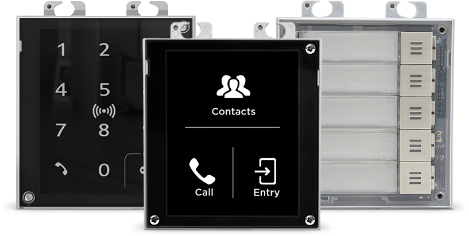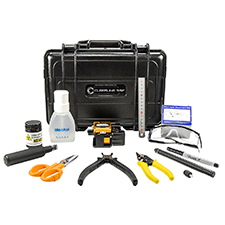Have questions? Log in to access chat

Wirepath’s expanded line includes direct burial speaker wire, Lutron-compatible wire, plenum-rated cables, and more.


Your choice is our mission: Snap One now offers Sanus and Chief mounts online.

Deliver enterprise-grade networking solutions and get 3X the Partner Rewards! *
*Terms and conditions apply.

WattBox provides three distinct ways to fix problems, reduce service calls, and prevent truck rolls. Combine WattBox’s scheduling and auto-reboot with OvrC Home and OvrC remote management, and you have a one-of-a-kind power conditioner.

Bring true 4K HDR entertainment to your customers with the latest laser light source projectors from Sony, offering crisp, vibrant HDR images, even in well-lit spaces.

New accessories and modules are available for the Control4® DS2 Door Station.

Bring world-renowned Triad sound to your architectural speaker projects with Triad PDX.

The Veranda 3 features Android TV, giving your customers access to over 700,000 movies and shows via their favorite apps.

All the installation tools you'll need to terminate Cleerline fiber cable and connectors quickly and cleanly.
Dealers should implement the following security best practices as is commercially reasonable under the circumstances and in accordance with all applicable laws and regulations:
The Company shall not be responsible for any losses arising due to Dealer’s failure to follow these obligations.
Version: January 16, 2024
This product requires authorization. Click below to begin the process.
You are currently restricted from purchasing this product.
Please contact Customer Service if you have any questions.
Your authorization is pending.
Please contact Customer Service if you have any questions.
@@SKU requires authorization. Click below to begin the process.
Your authorization is pending for @@SKU.
Please contact Customer Service if you have any questions.
You are currently restricted from purchasing @@SKU.
Please contact Customer Service if you have any questions.

